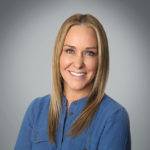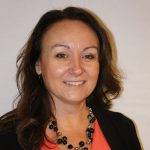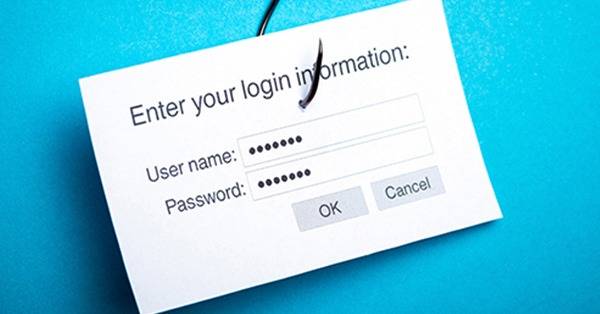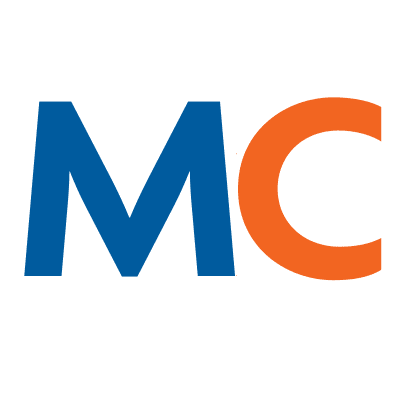- Solutions
- Solutions
- Home Health
- Hospice
- Life Plan Community
- Palliative Care
- Private Duty
- Senior Living
- Skilled Nursing
- Skilled Nursing
- Skilled Nursing Software
- Advanced Insights
- Customer relationship management
- Data and analytics
- Financial & operations management
- Marketing
- Nutrition management
- Referral management
- Regulatory compliance
- Retail management
- Resident engagement
- Revenue cycle management
- Skilled nursing interoperability
- Partners
- Blogs
- Resources
- About
- User Conference
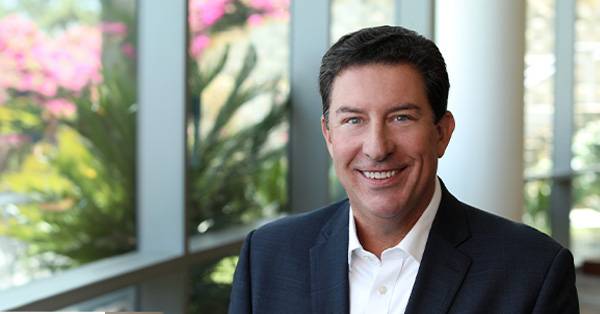
LeadingAge 2024: What we heard
As always, it was great to connect with so many industry leaders at LeadingAge in Nashville. It’s extremely helpful to hear directly from providers about their challenges, plans and hopes for future innovation.
Based on what the MatrixCare team heard during the conference, we’re excited about the ways we can support your work now and in the future. Here’s a recap of some of the themes that emerged from our conversations.
Increasing demand for aging in place
It’s clear that older Americans strongly prefer aging in place as their needs change rather than leaving their home or community. Of course, ensuring the safety and health of seniors is a key factor in maintaining their independence. And even for those seniors already in assisted living situations, keeping them in the lowest acuity care setting makes sense both economically and emotionally. Senior care and home care providers are looking for tools and technology that can help residents live independently while also ensuring they can stay healthy and safe.
Widespread interest in ambient sensing
In connection with the strong preference of seniors to age in place, there is growing interest in technologies like ambient radar sensors, which provide non-intrusive monitoring to support resident wellness without disrupting daily life or compromising privacy. Nearly everyone we spoke with expressed strong interest in this technology. They were glad to learn that MatrixCare is already offering solutions focused on this type of monitoring and that we understand the urgency of leveraging ambient sensing to help address fall prevention and other critical health and safety needs.
Monitoring additional health indicators
We also heard conversations about the potential to monitor additional health indicators such as heart rate, sleep patterns, blood pressure and breathing rates. Providers are interested in any technology tools that might indicate a change in health status or a condition like obstructive sleep apnea. There’s a lot of interest in anything that helps care teams be proactive, do more with less, and keep residents living as independently as possible.
Tools for easier communication with family members
There’s a high level of interest in technology that will make it easier for our customers to communicate with family members and others on the care team—such as physicians or community staff—so they can quickly ask simple questions and get updates. Ideally, these tools would work on mobile devices and streamline communication to put time back in the hands of the caregiver. Instead of a 15-minute phone call, they want a way to quickly communicate and keep everyone up to date. Attendees had the opportunity to see this communication in action through the MatrixCare mobile app, experiencing firsthand how seamlessly it connects families and care teams with real-time updates, quick messaging, and an intuitive interface designed to keep everyone informed and engaged.
The need to streamline information exchanges
Many conversations highlighted a common pain point: the need for good functionality to exchange patient and resident information with other providers, especially during transitions of care. Interoperability has been a major topic of discussion for several years. But as staffing challenges continue and more connectivity is being encouraged by federal health agencies, I expect more organizations to prioritize making sure they have EHRs that support fast, accurate information sharing.
Tools for working with payors
I heard some concerns with accurate, timely reimbursement from payors—specifically that some payors are using AI-enabled tools to find reasons to reject, delay or decrease payment. I was happy to spread the word about our RCM solution, which includes logic checks and other features to help make sure claims are as clean as possible before submission, to help maximize reimbursement.
For me, these conversations reinforced that the concerns we’ve heard about for several years—staffing challenges, affordability of senior care, the need for technological innovation—will need to be solved with new tools to help reduce staff workloads, streamline processes and support better reimbursement for providers. I’m excited that MatrixCare’s product strategy is aligned with the concerns we’re hearing from our colleagues because it means we can help evolve the industry to meet the needs of care providers, payors, and especially residents and their families.
Request a demo today for a closer look at MatrixCare.
David Shepard
Our senior vice president of Sales, David Shepard, has a background as a licensed nursing home administrator and chief operating officer of a regional senior housing group. David has a degree from Georgia Southern University and knows first-hand the importance of having the right technology to run your business efficiently so you can deliver the best possible outcomes. That perspective guides the way he and his team work with our customers to fully understand their challenges and find intelligent software solutions that will work for them.
Related Posts


See MatrixCare in action
Start by having a call with one of our experts to see our platform in action.
MatrixCare offers industry-leading software solutions. Thousands of facility-based and home-based care organizations trust us to help them improve efficiency and provide exceptional care.
© 2025 MatrixCare is a registered trademark of MatrixCare. All rights reserved.


